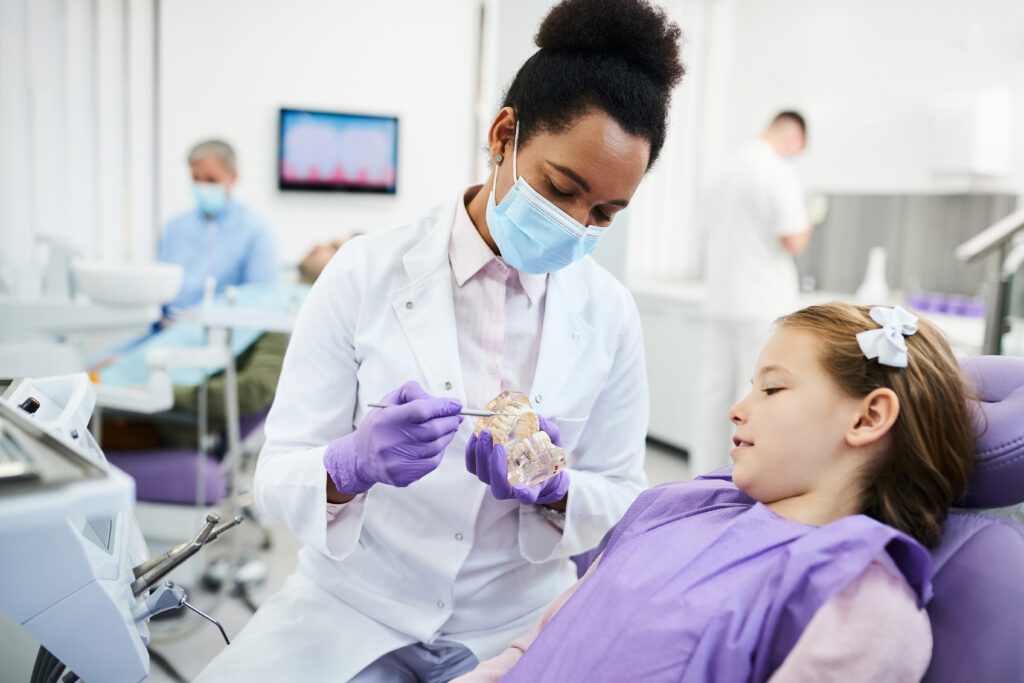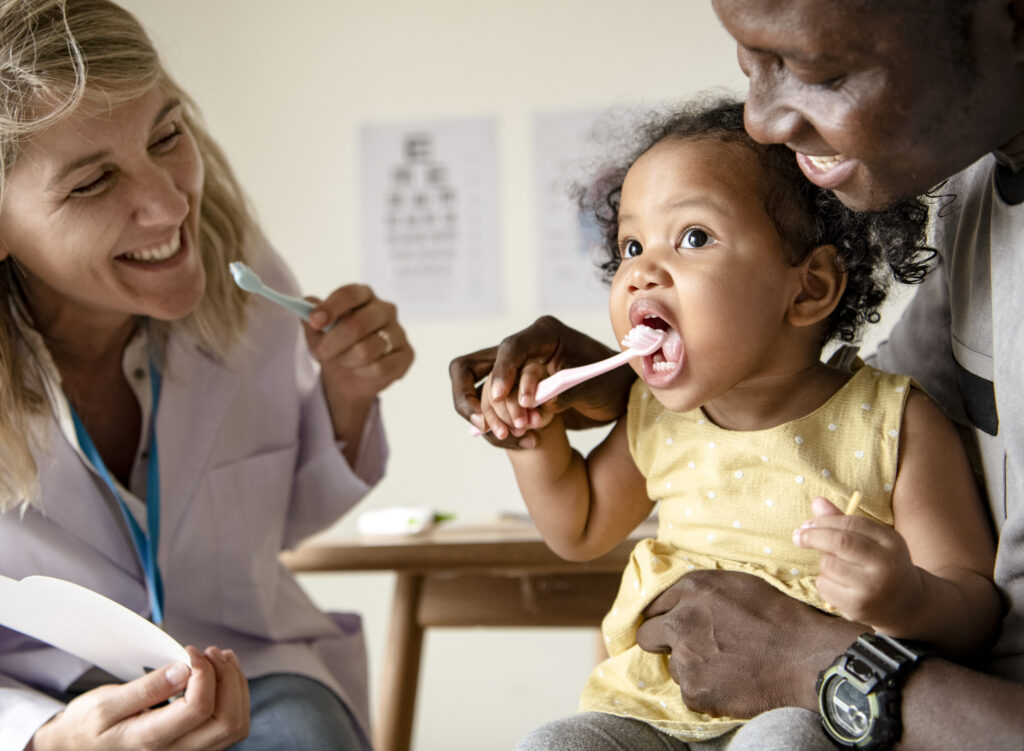I particularly like that October is National Dental Hygiene Month because it is a month to celebrate dental hygienists. Of course, if you look hard enough, there is a day, week, or month for everything. But many people do not know what a dental hygienist is, what we do, and the education and training it takes become a registered dental hygienist or RDH. It’s great to have a month dedicated to what we do!
I could go into the history of dental hygiene, but I am not a fan of looking back. I know we need to know where we come from and what mistakes we have made along the way. The rationale is to learn from our mistakes. As Winston Churchill famously said, “Those who fail to learn from history are doomed to repeat it.” That has such an ominous, foreboding sound. But history is not always bad nor is it always bad to repeat it. That stated I want to quickly review the history of dental hygiene.

Back in the early 20th century, a dentist named Albert Fones was completely overwhelmed with the dental disease he was treating. He felt he could help his patients prevent most of the diseases he was treating if he trained his dental assistant to help him. Dr. Fones trained Irene Newman to remove tartar and stain (we call that scaling) and polish teeth for his patients. You can also read an earlier post where I touch on this topic.
Dr. Fones, known as the father of dental hygiene began training dental nurses. His model became the foundation for today’s dental hygiene programs. Dr. Fones would be shocked to see how dental hygiene education has evolved. He began teaching students to scale and polish teeth. They learned how to educate the public on the prevention of dental disease, through daily brushing and dietary changes. The first dental hygienists were trained to help patients and the community prevent dental disease.
Dental hygienists do way more than scale and polish teeth. We can work in public health, corporate dentistry, and education. We are researchers, administrators, and entrepreneurs.

Public Health. We still have our roots in public health education, scaling, and polishing. But the RDH now delivers local anesthetics, delivers nitrous oxide sedation, places fluoride on the teeth, and must understand how using these medications work with the patient’s body and the medications they may be taking.
Corporate. In dental hygiene programs, we learn about the instruments and equipment we use. We can use that knowledge to work for product companies as representatives and advocates for clinicians looking for ergonomic and effective products.
Education. Dental hygiene education includes a firm foundation in human anatomy, physiology, and histology. Dental hygiene students must have a good understanding of how the body works from the skin to the teeth, gums, and all the way down to the cellular level. We help patients and the public learn how oral health affects the health of the rest of the body. We can also take that knowledge and return it to teach future dental hygienists in community colleges and universities.
Clinician. Our dental hygiene education not only teaches us to care for the whole patient, but it also looks inward to the mouth, gums, and all the oral tissues. We learn how to help patients maintain oral health and treat gum disease through scaling and root planing. We are able to help patients navigate the multitudes of oral healthcare products on the market, take the best care of their teeth, and retain their healthy smiles.
Researchers. Dental hygiene students also learn to read, decipher, and perform research in order to determine the best, most accurate research. We learn to navigate the huge amount of advertising out there to help patients decide on the best products that will give them the best and safest results.
Administrators. Learning all aspects of dental practice allows RDHs to be knowledgeable practice administrators. We can advocate for patients and all members of the dental staff.
Entrepreneurs. Dental hygienists see so many areas where our unique knowledge
Back to Dr. Fones and Irene Newman and history repeating itself. Though dental hygienists were initially trained to scale and polish, the early dental nurses did a great deal of public health education. Our profession is coming full circle, with more dental hygienists using the full breadth of their training and education to advocate for those in need.
During this month we celebrate our profession and remind ourselves of the commitment we made to improve oral health for everyone.
